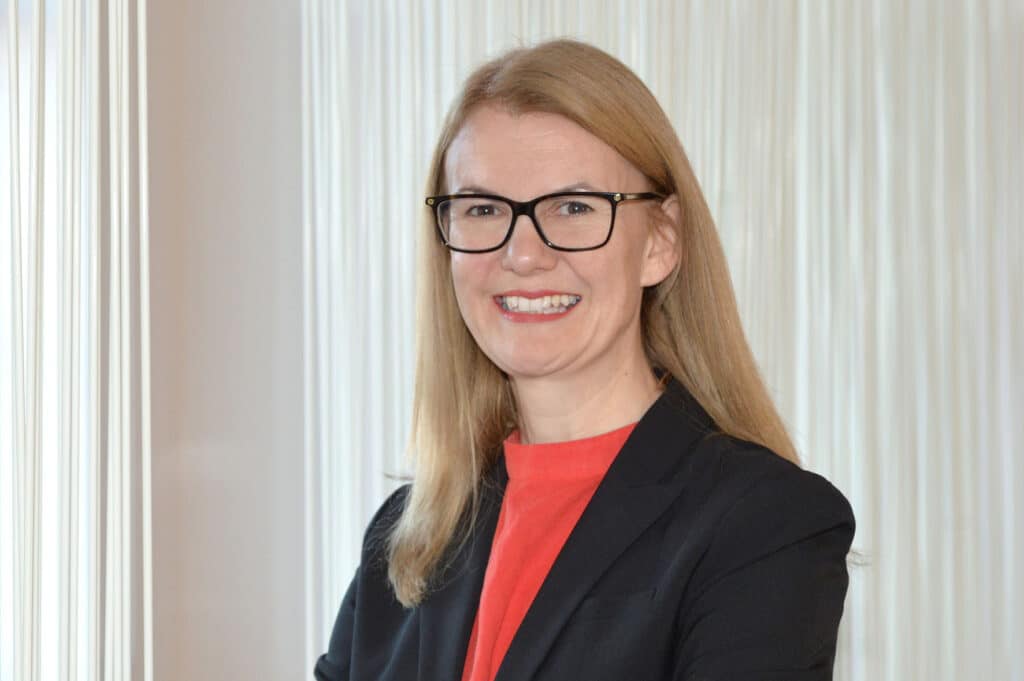
In keeping with many Digital Science new starters, Chief of Staff Alison Mitchell has had an exhilarating first few months at the company. Here she reflects on the theme of change in terms of leadership and growth in a complex organization.
For many years I’ve watched Digital Science from afar, and I’ve always been aware of its long-held commitment to helping researchers and research institutions make a difference. For more than a decade, Digital Science has been committed to maximizing the impact research and researchers can have throughout society. We do this by providing researchers with the full range of data they need, by giving them access to analytics that enable better decision-making about research, and by supplying better tools to help communicate the outcomes – including the impact – of their research more broadly.
We’re in an era of major crises across the world that can be solved only through open debate and knowledge sharing, and it’s rewarding and energizing to be part of an organization that is committed to listening to, understanding and helping to solve the problems faced in the research ecosystem.
Once you join Digital Science, it’s clear from day one that everyone has a shared desire to help researchers create a positive impact on the world. To do this consistently well – to continue to serve researchers and solve their pain points – we need to understand the people who use our products and evolve how we work with them. As we continue on our journey to achieve that mission, Digital Science is focused on listening to our customers’ needs, building on the close working relationships we’ve developed, and offering multi-product experiences as products become more integrated across all our different user groups. This integrated approach will not only lead to more benefits for customers, but it will also open up potential new solutions to pressing academic and research problems. For example, we’ve developed Dimensions Modules&Apps in 2023, which provides analytical and workflow apps for different users and use cases, all drawing on the world’s largest linked research information dataset.
Change is also happening quickly in terms of our people, and within my own Chief of Staff area we have already created two new teams. The first is a Business Intelligence Unit, led by Dr Jennifer Wooldridge, which will support the business with timely, accurate, easy-to-use reporting and analysis on performance, competitors and the wider market. The second is a new team that will lead the company in exploring new ideas and insights across the research ecosystem. We’ve called the team ‘TL;DR’ – a play on the fact that we’re trying to be brief and accessible – and launched a new website to host the blogs, interviews and other content that the team produces. The team includes former Overleaf CEO John Hammersley, founder of Ripeta Leslie McIntosh, and other Digital Science leaders Suze Kundu, Briony Fane and Simon Porter who, together, are aiming to develop a “new avenue for interesting things”.
I titled this post “leadership for change” because change has been the theme of my first months with Digital Science. I see a company that’s moving from its sometimes disparate start-up roots to being a joined-up team that’s evolving and scaling to meet the needs of the important communities it serves – all the while maintaining the spirit of innovation that I knew Digital Science for before I joined. It’s an exciting journey, and I’m proud to be a part of it.
Alison Mitchell
Chief of Staff
10 May 2023
The post My First 100 Days: Leadership for Change appeared first on Digital Science.
from Digital Science https://ift.tt/Of5sKw7

No comments:
Post a Comment